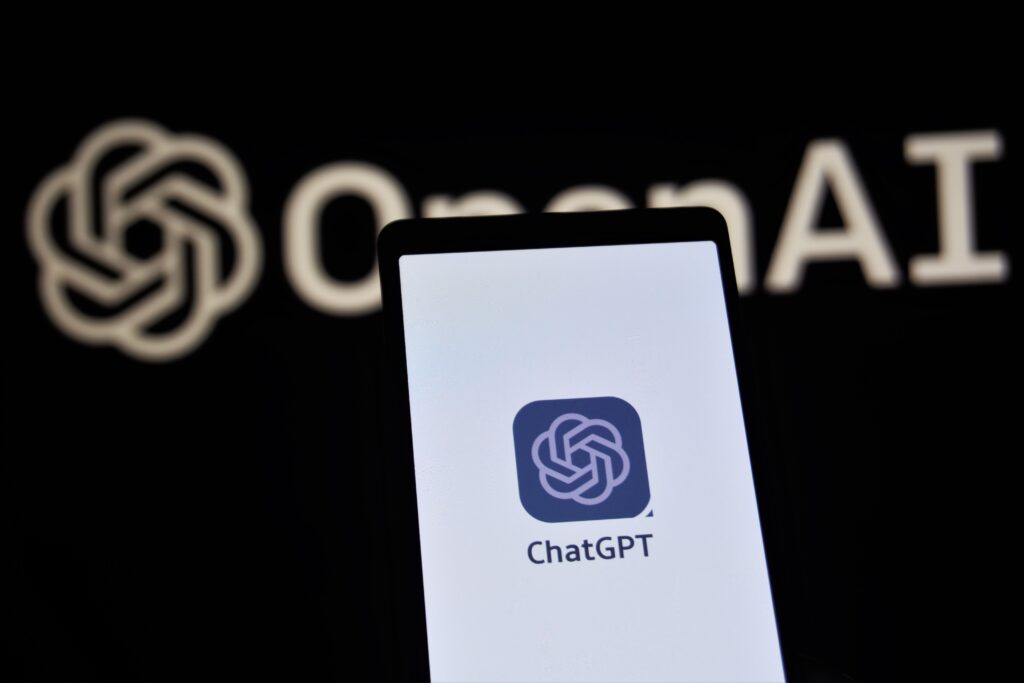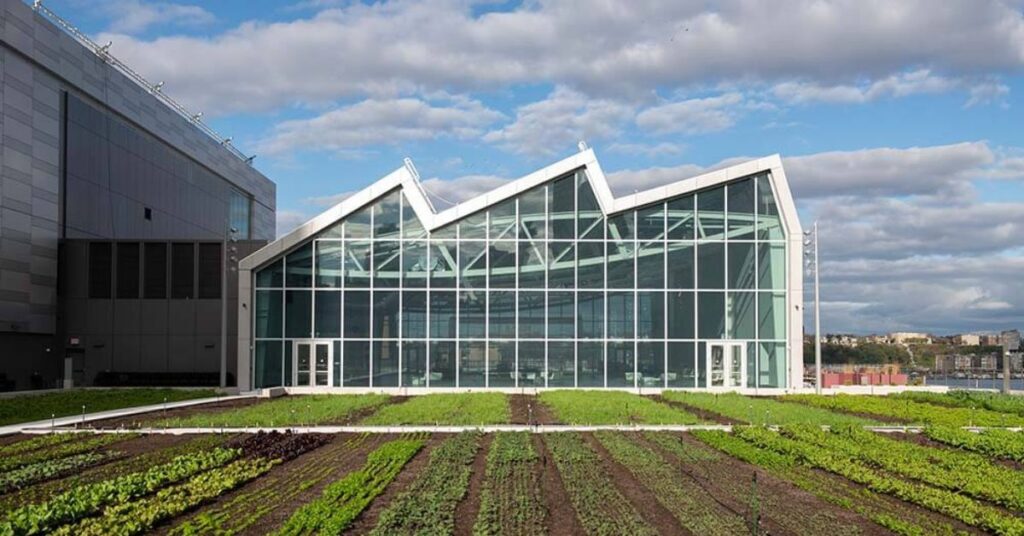One of the reasons behind pioneering the Global Events Visionary (GEV) initiative is to recognize individuals who have given back to the meetings and events industry. They go over and beyond what is asked of them out of their desire of giving back.
Ms. Heather Seasholtz has the qualities we look for in a GEV. With over 20 years in the industry, she does not see her career as merely a job title, more so as an opportunity to mentor colleagues and hone the next generation of meeting planners and decision makers.
Read on to learn more about Heather’s take on balanced company culture, tapping into local resources, and being resilient.
First off, congratulations on your role as Vice President of Operations at Conference Managers! With that, and your past roles as Director, comes a responsibility for establishing company culture. The industry we are in is high stress and requires us to constantly be on our toes. How do you maintain a company culture that is healthy and balanced? What results within your team (both professionally and personally) have you seen because of it?
HS: Nothing has reframed culture more than the events over the past 2 years which reshaped our industry. Until March 2020, I worked five days a week in a company office. I had flexibility for the occasional work-from-home opportunity, but the expectation was to be in the office. Add on top of that a daily commute of two to three hours and it makes for a long day. With COVID, that came to a halt…quickly. One day I was in the office, the next I was working from home indefinitely. It could easily go into a long workday by using my former commute time as productivity time. Within a week, I realized I needed to set boundaries and ensure my team did too. I reframed my thinking…I was working from home, not living at work. That thought then carried over to each team I’ve worked for.
So often, the career of an event planner is one of the most stressful jobs. In addition to that stress, we were and are experiencing a pandemic, an inability to gather with family and friends, virtual meetings, current events, and a whole host of other issues over the last two years. It takes a toll on mental, physical, and emotional well-being.
With my teams, not only is it important to me that they take their vacation/personal time, but it’s more important that they are disconnecting during that time. I don’t have the expectation that they are “on call” or “available” when they are off. To reinforce that, it’s important that I model this behavior along with the leaders of our organization. If I am responding during my time away, then it counteracts the importance of disconnecting, resting, and refreshing. Time off is an amazing benefit and one that is so often not taken frequently enough.
Clear and transparent communication is also key to a healthy and balanced culture. Our staff meetings are just one way where I can share what’s going on with our organization. Between staff meetings, I strive to share news quickly to avoid rumors or anxiety about unknowns. While there’s not enough time on my calendar for one-on-one meetings with each staff member, I have implemented office hours to make myself available at a specified time each week, which has worked well. We also have instant messaging, which I can use to get quick things out to the team in a casual manner.
I joined Conference Managers in March 2022 and in that time, our team has become more cohesive and collaborative. I use surveys to conduct checks on how I’m doing as a leader, whether I am sharing the right info, is our team confident in the path of our organization, and what opportunities are there for me to better inform, support, and serve our team. My team’s voice is fundamentally important to the success of our organization. The team is what makes Conference Managers the success it is and their success is my success.
You are Co-Creator of the Pandemic Compliance Advisor Course for Meeting Professionals International. Thank you for investing your time and knowledge into the viability of our industry. A resource like this is incredibly critical as circumstances around the COVID-19 pandemic are constantly shifting. What is the most valuable takeaway you have from the past years when it comes to dealing with the meetings industry and pandemics?
HS: I’ve had so many learnings in the past two years, but the one I’m currently leaning on the most is “2022 is the new benchmark.” While comparing to 2019 may seem reasonable, buying patterns have changed, health protocols can impact attendance, the geopolitical climate is very different, and there’s an expectation for digital meeting components. 2022 is very different from 2019, 2020, and 2021. We can no longer rely on “how” we planned in the past, we are in the third year of unknowns.
I’m proud to be a meeting professional and stand with my peers who display resiliency each day! We are eager to learn and adapt to ensure we are delivering meetings for our stakeholders. Through the pandemic, we, as a collective, were forced to adapt our skills to include virtual and hybrid meetings, implement protocols to keep our attendees, organizations, and destinations healthy, and navigate uncertainty.
You have worked on countless large-scale meetings, many internationally. What aspects of planning an international event should be given more attention to in order to make the local experience more valuable and successful for delegates?
HS: When planning an international meeting, it’s important to keep an open mind and not take the previous meeting and expect it to work in a new destination. Its imperative planners rely on local expertise to organize a meeting that works into the culture. Meetings often pull primarily local attendance, so we must be keeping true to the expectations of the attendee. Two ways I’ve seen this work are:
- Engage a Professional Congress Organizer (PCO) who is local to the destination. They can partner with you in securing local venues, support you in understanding venue contracts, find local speakers, and supply contacts for local interest groups who may want to attend, customs, and expectations.
- Organize a Local Host Committee. Most of the time, a destination is chosen for a meeting due to the stakeholders in the area. Often, there are members located in that location advocating for hosting the event there. Having volunteers who are invested in the event will assist you in making it appealing to the local attendees and may have fun ideas to implement to showcase the destination.
Mentorship is something you are passionate about – from your team members to students at Penn State. I am sure you have a lot on your plate, but this is something you make time for. Why is it important for those in the industry to start mentoring others?
HS: When I was in college, a class for “event planning” didn’t exist and I certainly didn’t know this career was an option. I became a meeting planner by answering an ad in the newspaper. I quickly developed a passion for planning and because I didn’t know this career as I was going through school, it was important for me to share this experience with students. Thankfully, higher education has embraced this career and is offering courses to help students understand what this role is.
Now I am fortunate to mentor students and staff on the importance of networking, the significance of good communication, the value of experience and decision-making, and the chance to use mistakes and failure as a learning opportunity. It’s what has helped me grow in this 20+ year career.




